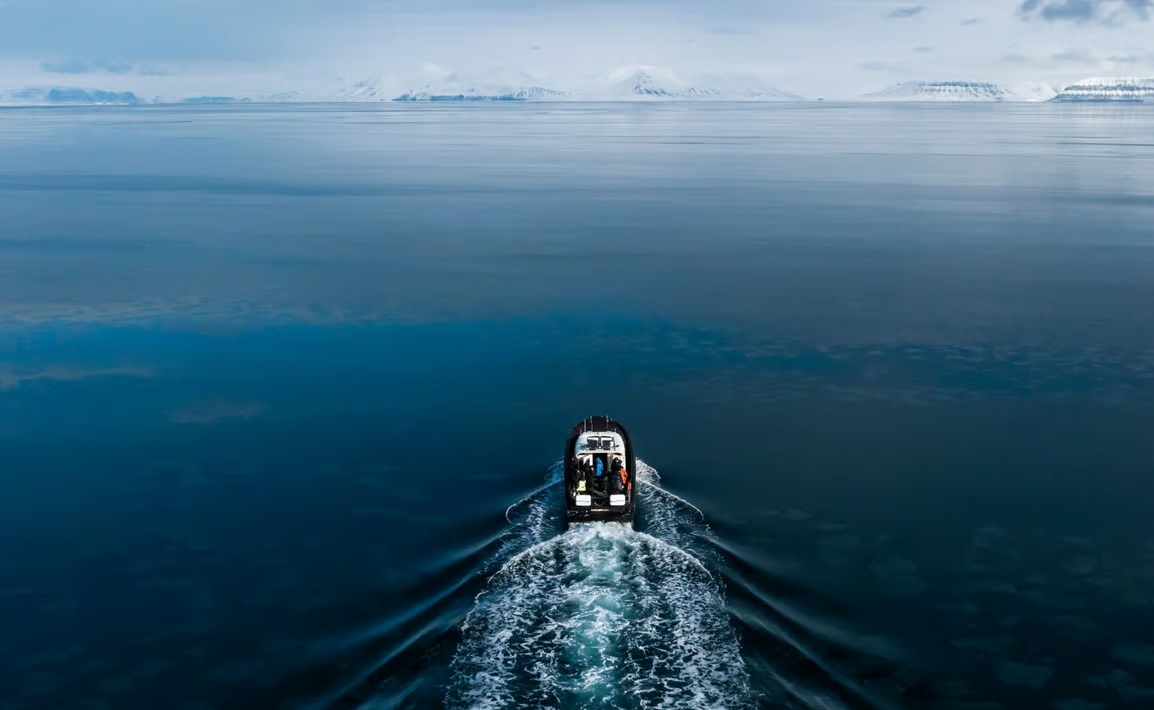In a groundbreaking move, Norway is on the verge of becoming one of the first countries to approve deep-sea mining, a highly controversial practice that involves extracting critical minerals from the ocean floor. The Norwegian government’s proposal to open its waters for commercial-scale deep-sea mining is expected to receive parliamentary approval. While proponents argue that deep-sea mining is crucial for the global transition away from fossil fuels, critics warn about its potentially devastating environmental impacts.
The Potential Benefits and Risks
Deep beneath the ocean’s surface lie potato-sized nodules rich in critical minerals such as cobalt, nickel, copper, and manganese. These minerals play a vital role in the production of electric vehicle batteries, wind turbines, and solar panels, making them essential for the renewable energy sector. Proponents of deep-sea mining argue that extracting these minerals from the seabed can help meet the growing demand for green technologies.
However, critics of the practice emphasize the potential risks and environmental consequences. Deep-sea mining is labeled as “extremely destructive” by detractors, who fear the irreversible damage it could cause to already fragile marine ecosystems. Scientists caution that the full extent of the environmental impacts is difficult to predict, given the limited knowledge of deep-sea habitats and biodiversity.
Norway’s Proposal and Opposition
Norway’s proposal aims to pave the way for companies to apply for licenses to mine critical minerals in its national waters near the Svalbard archipelago. This vast ocean area, estimated to be larger than the U.K., holds immense potential for deep-sea mining. However, the Norwegian government does not intend to commence drilling immediately, instead opting for a case-by-case evaluation of proposals in the parliament.
Notably, Norway’s decision to embrace deep-sea mining puts it at odds with the U.K. and the European Commission, which have advocated for a temporary ban on the practice due to environmental concerns. The Norway Environment Agency has previously criticized the government’s impact assessment, and over 120 EU lawmakers penned an open letter urging the rejection of the deep-sea mining project. These opponents highlight the risks to marine biodiversity, climate change acceleration, and traditional activities like fisheries.
The Call for Caution and Further Research
More than 800 marine science and policy experts worldwide have signed an open letter calling for a pause on deep-sea mining. They argue that the lack of comprehensive understanding of deep-sea habitats and biodiversity necessitates more robust research before any mining activities commence. These experts stress the importance of preserving oceanic ecosystems and biodiversity, given the vital role they play in sustaining life on our planet.











